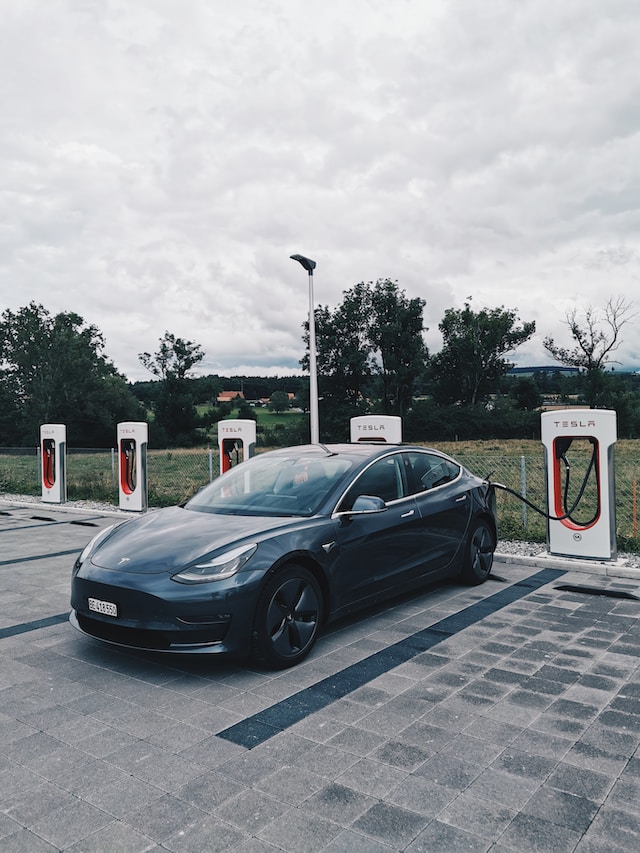
Electric and hybrid vehicles are revolutionizing the way we travel. With the increasing demand for renewable transportation options, these cutting-edge vehicles have become a popular choice for environmentally-conscious commuters and savvy investors alike. In this article, we explore the latest advances in transportation technology and the impact that electric and hybrid vehicles are having on the world.
Electric Vehicles
Electric vehicles, or EVs, are powered exclusively by electricity. They use a rechargeable battery pack to store energy that is used to power an electric motor. EVs produce zero emissions while driving, making them an excellent choice for individuals who are looking to reduce their carbon footprint.
In recent years, advances in battery technology have made EVs more practical for everyday use. Many companies have launched affordable, long-range EVs that can travel hundreds of miles on a single charge. Charging infrastructure has also improved dramatically, with more cities and workplaces offering charging stations to drivers.
Hybrid Vehicles
Hybrid vehicles combine a traditional gasoline engine with an electric motor. They are designed to maximize fuel efficiency and reduce emissions by using the electric motor when driving at low speeds or when idling. The gasoline engine is used when more power is needed, such as when driving at high speeds or accelerating quickly.
Hybrids are an excellent choice for individuals who are looking for a vehicle that offers both fuel economy and performance. They are also a great option for drivers who may not have access to charging infrastructure.
Impact on the Environment
Electric and hybrid vehicles offer significant environmental benefits compared to traditional gasoline-powered vehicles. They produce significantly fewer emissions and are much more energy-efficient. This makes them an excellent choice for individuals who are looking to reduce their carbon footprint.
Additionally, as renewable energy sources like solar and wind become more prevalent, the environmental benefits of electric vehicles will continue to grow. By powering their vehicles with renewable energy, drivers can enjoy emission-free transportation while contributing to a more sustainable future.
The Future of Transportation
Electric and hybrid vehicles are just the beginning of a transportation revolution. In the coming years, we can expect to see more advances in transportation technology that will improve the way we travel.
Autonomous vehicles, for example, will become more prevalent, making transportation safer and more efficient. Hyperloop and other high-speed transportation technologies will also change the way we think about long-distance travel.
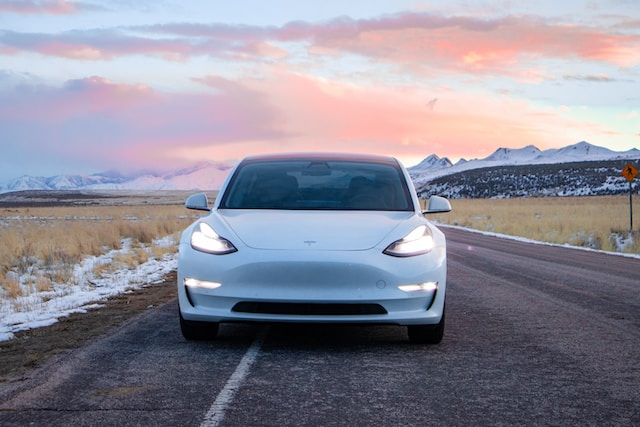
As we continue to explore new frontiers in transportation, one thing is clear: the future is electric, sustainable, and exciting. Whether you’re a commuter, an investor, or simply someone who cares about the environment, electric and hybrid vehicles offer a bright and promising future for transportation.
Mass Transit and Trains
Trains and mass transit are also a vital part of the future of transportation. While electric and hybrid vehicles are great for individual transportation, trains and mass transit are perfect for moving large numbers of people efficiently and sustainably.
Trains offer a convenient solution for commuters who travel long distances, while mass transit options like buses and trams provide a cost-effective transportation solution for those who live and work in urban areas. Additionally, many cities are investing in high-speed rail systems that can travel at speeds of up to 300 miles per hour, providing a fast and efficient alternative to air travel.
Mass transit systems not only reduce congestion and emissions but also offer more affordable transportation options for low-income communities.
As we continue to innovate and improve our transportation infrastructure, it’s clear that a combination of electric and hybrid vehicles and mass transit options will play a crucial role in creating a sustainable and efficient transportation system for the future.

Overcoming Challenges in Electric and Hybrid Vehicle Adoption
As electric and hybrid vehicles continue to gain popularity, there are several challenges that need to be addressed to encourage their widespread adoption. From infrastructure limitations to affordability concerns, let’s explore some of the key hurdles that must be overcome for electric and hybrid vehicles to become the norm.
Limited Charging Infrastructure:
One of the primary challenges facing renewable transportation adoption is the limited availability of charging infrastructure. To support the widespread use of electric vehicles, it is crucial to develop a robust network of charging stations accessible to all. Governments and private companies must work together to invest in the installation of charging stations across cities, highways, workplaces, and residential areas. By expanding the charging infrastructure, electric vehicle owners will have peace of mind, knowing that charging their vehicles will be convenient and readily available.
Range Anxiety:
Range anxiety refers to the fear of running out of battery power while driving and not having access to a charging station. Overcoming this challenge requires advancements in battery technology to provide longer ranges for electric vehicles. Additionally, developing fast-charging technology will significantly reduce the amount of time needed to charge electric vehicles, alleviating range anxiety concerns and making them more comparable to refueling a traditional gasoline vehicle.
Affordability:
The initial purchase cost of electric and hybrid vehicles can be a significant deterrent for many potential buyers. Lowering the cost of production through advancements in battery technology and manufacturing processes is essential to make electric and hybrid vehicles more affordable to a wider audience. Governments can also offer incentives, such as tax credits or rebates, to encourage individuals to choose electric and hybrid vehicles.
Education and Awareness:
Many individuals still have misconceptions and lack awareness about electric and hybrid vehicles. Education and awareness campaigns are crucial in dispelling myths and providing accurate information about the benefits and capabilities of these vehicles.
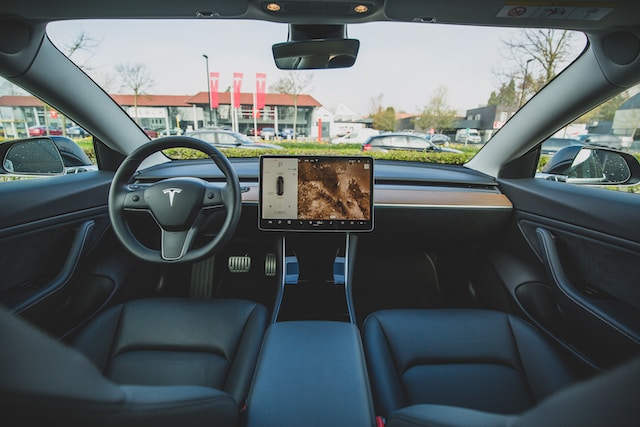
Government initiatives, collaborations with automakers, and community outreach programs can all contribute to raising awareness and fostering a better understanding of electric and hybrid vehicles.
Resale Value:
As renewable transportation is still relatively new to the market, their long-term resale value is largely unknown. To address this challenge, automakers need to invest in research and development to build trust in the longevity and reliability of electric and hybrid vehicles. Warranty programs and improving battery life expectancy will help boost consumer confidence and increase the resale value of these vehicles.
Impact on the Automotive Industry and Market Trends
The rise of electric and hybrid vehicles has had a profound impact on the automotive industry. From changing consumer preferences to new market dynamics, these vehicles have sparked a wave of innovation and transformation. In this section, we will explore the various ways in which electric and hybrid vehicles have influenced the industry and delve into the emerging trends that are shaping the future of transportation.
- Shifting Consumer Preferences
As more individuals become aware of the environmental impact of traditional gasoline-powered vehicles, there has been a significant shift in consumer preferences. Increasingly, people are seeking more sustainable transportation options, leading to a surge in demand for electric and hybrid vehicles. Automakers are adapting their strategies to meet this growing demand, with many expanding their offerings of electric and hybrid models.
- Technological Advancements
The introduction of electric and hybrid vehicles has stimulated technological advancements across the automotive industry. From improvements in battery technology to the development of more efficient powertrain systems, automakers are investing in research and development to make these vehicles more practical and appealing to consumers. This has led to breakthroughs in range, charging infrastructure, and overall performance, making electric and hybrid vehicles more viable for everyday use.
- Market Competition
The emergence of renewable transportation has intensified competition within the automotive industry. Established automakers are not only competing against each other but also against new entrants and startups that focus solely on electric and hybrid technologies. This competition has led to increased innovation, with automakers striving to differentiate themselves through unique features, designs, and performance metrics.
- Infrastructure Development
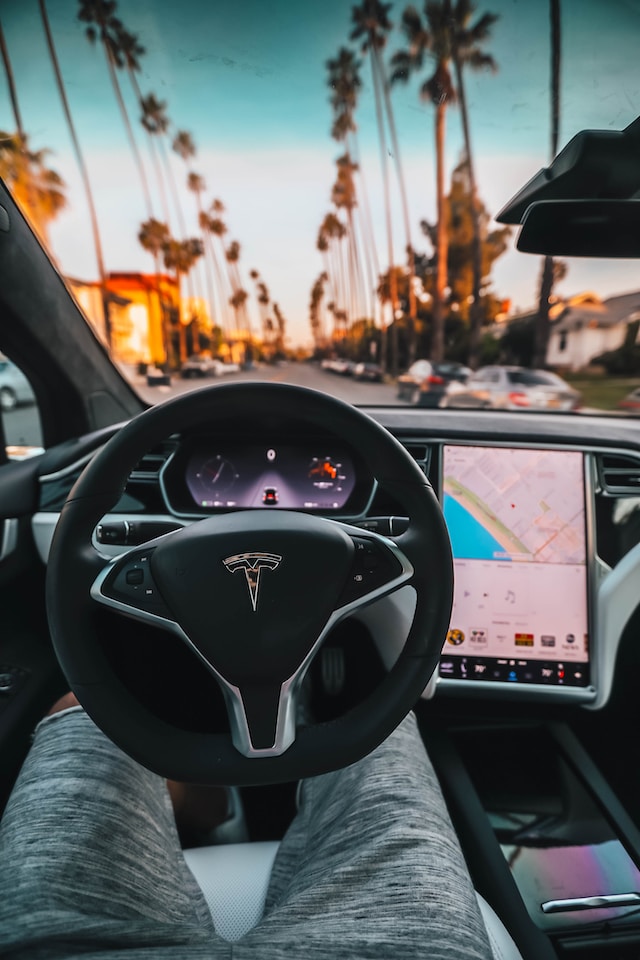
The rise of electric and hybrid vehicles has necessitated the development of charging infrastructure. Governments, together with private companies, are investing in the installation of charging stations across cities, highways, workplaces, and residential areas. This infrastructure expansion has not only facilitated increased adoption of electric and hybrid vehicles but has also created new business opportunities for charging station providers and energy companies.
- Supply Chain Adjustments
The transition to electric and hybrid vehicles has prompted adjustments in the automotive supply chain. Automakers now need to secure a reliable supply of batteries, electric motors, and other components specific to these vehicles. This has led to collaborations and partnerships between automakers and battery manufacturers, driving the demand for specialized suppliers in the industry.
- Government Policies and Incentives
To encourage the adoption of renewable transportation, governments around the world have implemented various policies and incentives. These can include tax credits, grants, and preferential treatment in terms of road tolls or parking fees. Such government support has played a crucial role in incentivizing consumers to choose electric and hybrid vehicles, further driving the market’s growth.
Future Prospects: Paving the Way for a Sustainable Tomorrow
As renewable transportation continue to gain momentum in the transportation industry, the future looks promising for a sustainable and eco-friendly tomorrow. Advancements in technology, government initiatives, and changing consumer behaviors are shaping the future prospects of electric and hybrid vehicles. In this section, we will explore the potential developments and emerging trends that will define the transportation landscape of the future.
Enhanced Battery Technology:
Scientific research and engineering advancements are focusing on developing more efficient and longer-lasting batteries for electric and hybrid vehicles. New materials and innovative designs are being explored to enhance energy storage capacity, reduce charging times, and improve overall performance. Solid-state batteries, for example, are emerging as a promising technology that offers higher energy density, increased safety, and longer lifespan.
With the aim to eliminate range anxiety and enhance convenience, the future of transportation includes the development of wireless charging infrastructure. Researchers are working on integrating wireless charging technology into roads, parking lots, and even residential areas, allowing electric and hybrid vehicles to charge seamlessly while on the move or parked.
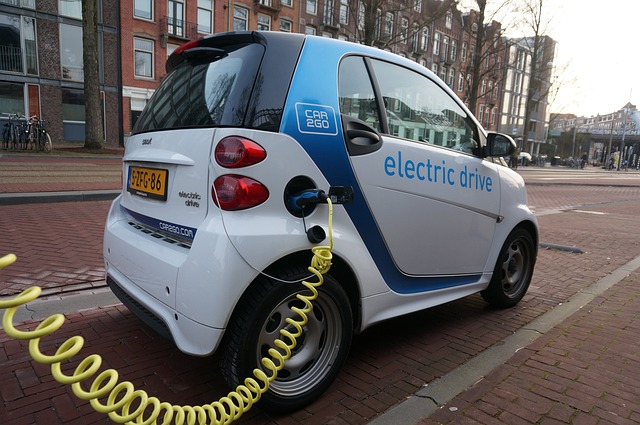
Autonomous Driving:
Autonomous driving technology is rapidly evolving, and it holds great potential for electric and hybrid vehicles. Self-driving capabilities will not only enhance convenience and safety but also optimize energy efficiency by enabling vehicles to communicate and coordinate with each other, reducing traffic congestion and improving overall transportation efficiency.
Autonomous electric and hybrid vehicles will play a significant role in the future of ride-sharing and mobility as a service. Shared autonomous vehicles will enable efficient utilization of resources and reduce the need for personal car ownership, further promoting sustainable transportation options.
Electrification of Public Transportation:
The electrification of public transportation, particularly bus fleets in urban areas, is gaining traction. Electric buses offer zero-emission transportation, reducing air pollution and noise levels in cities and improving the quality of life for residents.
Electric and hybrid technology integration with existing mass transit systems, such as trains and trams, offers a comprehensive approach to sustainable urban mobility. By combining different modes of transportation, cities can develop efficient multi-modal systems that provide seamless connectivity and reduce reliance on personal vehicles.
Renewable Energy Synergy:
Electric and hybrid vehicles have the potential to become mobile energy storage units, contributing to the stability of the electrical grid. Vehicle-to-grid (V2G) technology allows bidirectional energy flow, enabling electric and hybrid vehicles to feed electricity back into the grid during peak demand or emergency situations, reducing strain on power generation facilities and increasing grid flexibility.
The integration of solar panels on electric and hybrid vehicles can harness renewable energy to supplement the vehicle’s power source. Energy harvesting technologies, such as regenerative braking and solar roofs, capture and convert wasted energy into usable electricity, further enhancing the overall efficiency and sustainability of these vehicles.
The future prospects for renewable transportation are filled with possibilities. With advancements in battery technology, autonomous driving, electrification of public transportation, and the synergistic integration of renewable energy, we are poised to create a sustainable and eco-friendly transportation ecosystem. As governments, automakers, and consumers embrace these developments, we can look forward to a future where our transportation choices align with our commitment to a greener planet.


